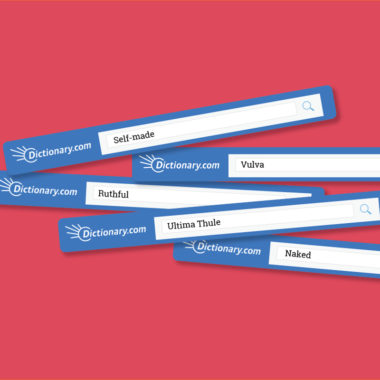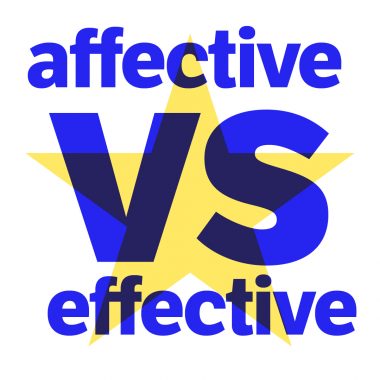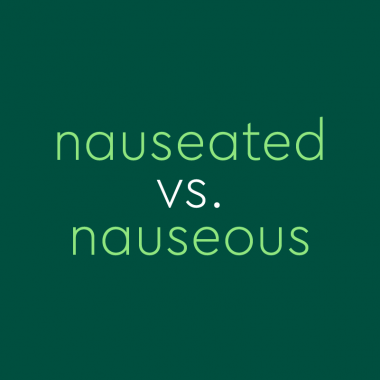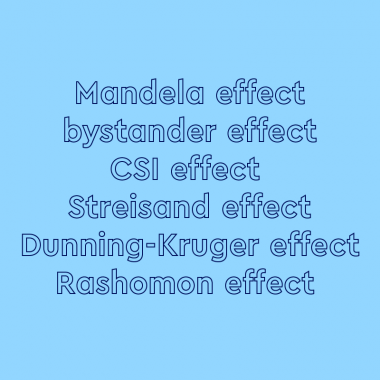What Were The Most Searched Words In The Beginning Of 2019?
We’re only a quarter of the way through 2019, but already we’ve seen some significant trends in searches on Dictionary.com. Politics, as ever, has propelled many of the lookups, but that’s not the only driver. Sneak peek: Top terms range from pad thai to deep space. Here are the words setting the search trends through March 2019: 1. Exonerate Our top lookup in early 2019 …











